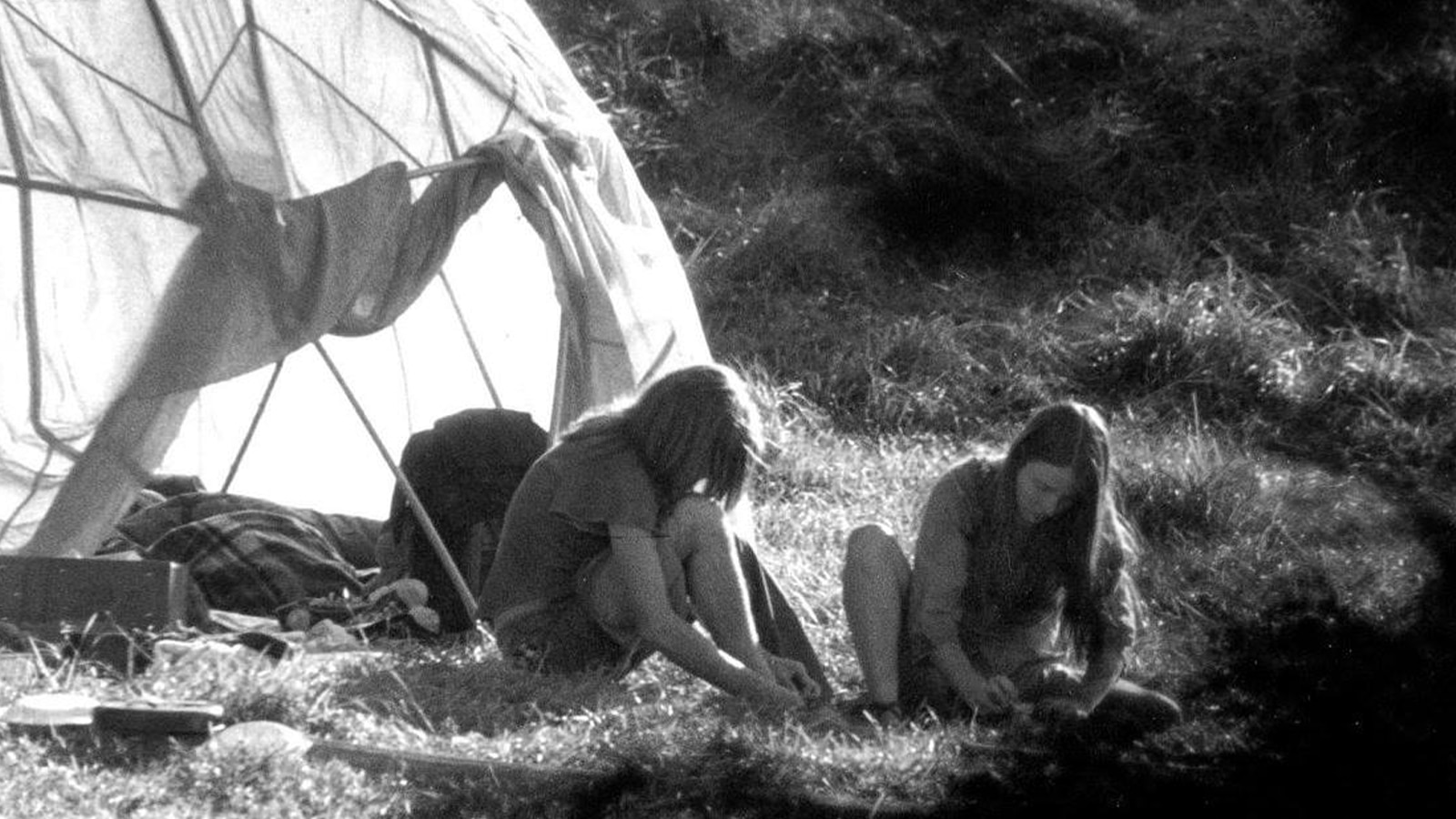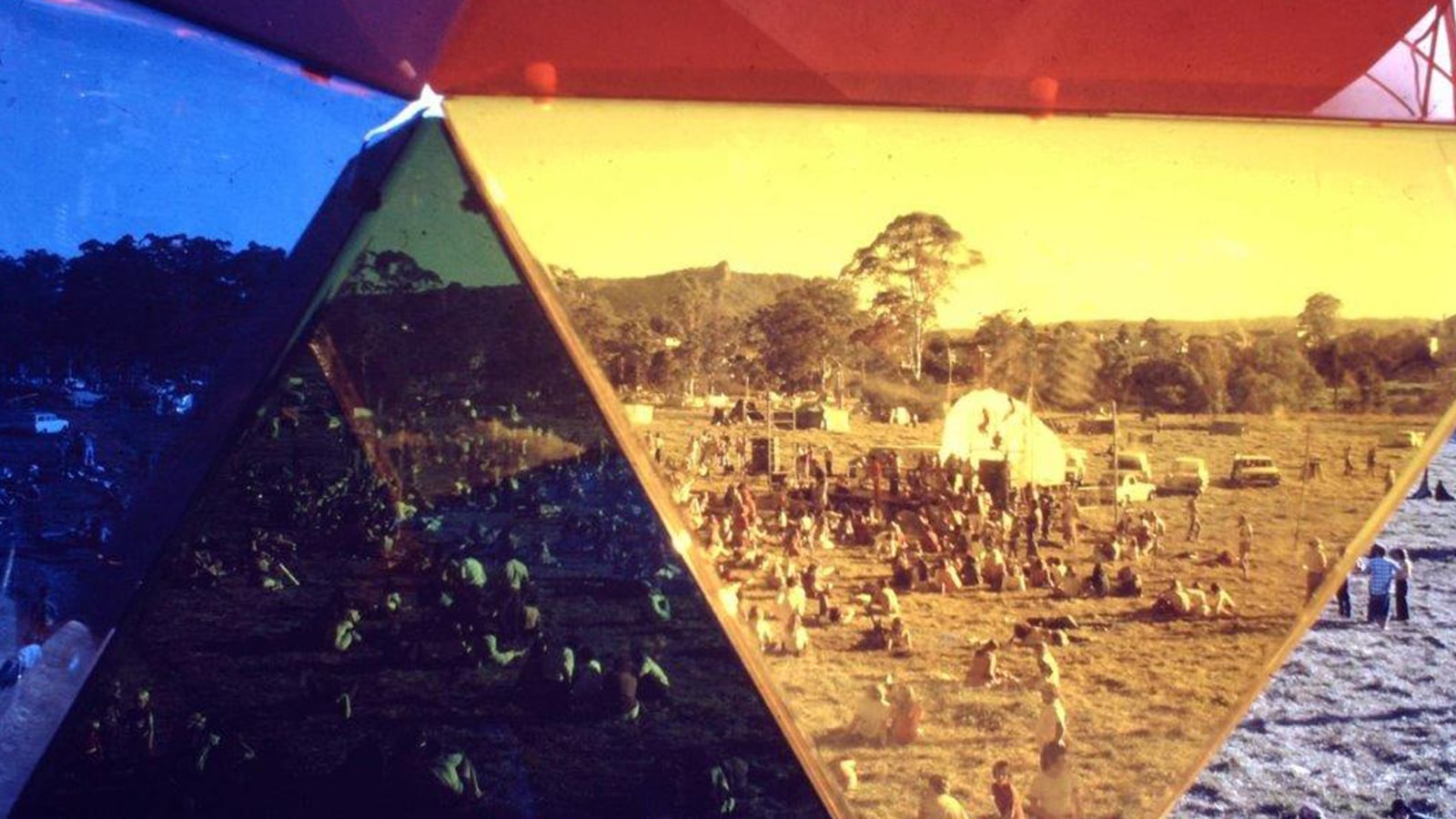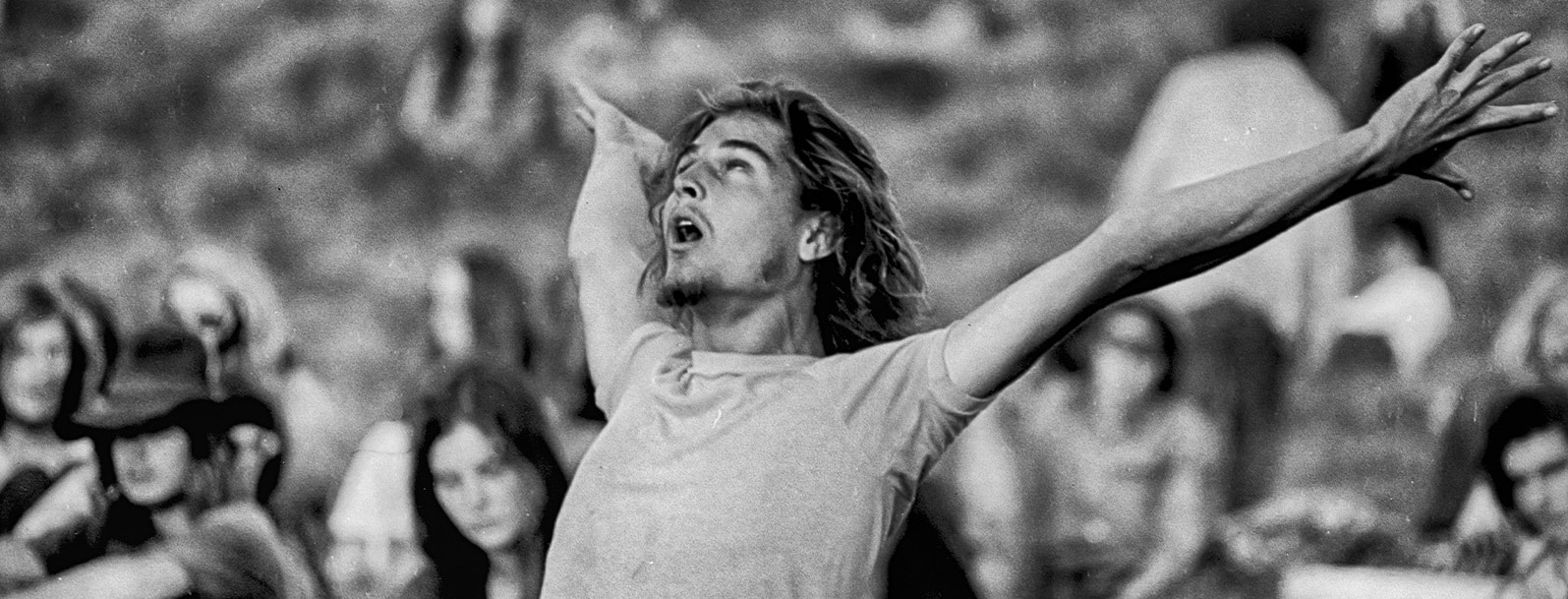Sydney Film Festival – Aquarius
Click here if you liked this article 0 ![]()
Date Reviewed: 05/06/2024
If you live in Australia, then it’s likely you’ve heard of Nimbin, famous for peace, love, and hippies. But it wasn’t always that way. In 1973, a group of university students from Sydney were looking for a place to celebrate new ideas and counterculture outside the conservative restrictions and government violence of the city.
To do this, they imagined a 10-day festival of art and music and alternate living in a rural setting. The location they finally picked was a small country town in Northern NSW called Nimbin. The rest, as they say, is history.
Aquarius is a new documentary exploring the 1973 Aquarius festival, which not only transformed a small country town into a hippie heartland but also triggered a social movement that changed a generation and is still alive today. Director Wendy Champagne wisely approaches the documentary with a soft hand, relying mostly on archival footage and contemporary interviews with those involved. This helps draw the audience into the experience while not over-explaining or over-dramatizing the event.
Luckily for Champagne and editor Karin Steininger, the festival was well-documented by several film-making collectives and amateur documentarians, leaving a vast library of video, film, and even television material to use. It’s a shame that much of the video footage was either damaged in storage or shot with damaged cameras–I could see the trails of burned-in video sensors damaged by inexperienced film-makers shooting bright lights like the sun–but the film-makers wisely chose to use the footage unaltered and not try to fix it somehow.


Authenticity counts, and the footage is important to tell the story. The editing was well-paced, and the images were always appropriate for the narrative or mood. Original design sketches made by University of Sydney students at the time who helped organise the festival are brought to life through fun, clever animations.
The documentary’s core drawback is establishing its purpose. Why should people care? The film does explore the festival’s impact on subsequent environmental and social movements, but ultimately, it just feels like nostalgia bait for those who were there. It doesn’t really have anything to say to a younger audience apart from repeating how fun it was and that it was historically important. But those claims are never really that convincing.
My screening was mostly occupied by people over 60, many of whom were there. Will a broader audience be interested in some hippy festival that happened back in 1973? I hope so. Aquarius is still a well-made documentary and a satisfying look at a special time in Australian history. It’s well worth your time.
Reviewed by
